At the meeting, Deputy Prime Minister Ho Duc Phoc stated that Vietnamese and US goods do not compete with each other but complement each other. In recent times, Vietnam has proactively reviewed and reduced many taxes, improved the investment environment, and created favorable conditions for businesses to operate, to promote effective and sustainable production and business.
Representatives of the Vietnam Timber and Forest Products Association; Vietnam Association of Seafood Exporters and Producers, Vietnam Pepper and Spices Association, Vietnam Electronic Enterprises Association, Vietnam Footwear and Handbag Association, Vietnam Steel Association, Vietnam Textile and Apparel Association, Vietnam Plastics Association, Samsung Vietnam, SOVICO Group, etc. all emphasized that the US market is an important and leading market; and expressed concern about the US imposition of tariffs on goods from Vietnam.
After the US tax announcement: Businesses need to proactively discuss with import partners
The issue of the US imposing a 46% reciprocal tax on Vietnam was the hottest topic raised at the regular press conference on April 4 of the Ministry of Industry and Trade. Deputy Minister of Industry and Trade Nguyen Sinh Nhat Tan said that "we need to stay calm, there will be timely solutions to resolve the challenges. Besides, we also need to actively prepare and take advantage of opportunities related to economic independence and autonomy, which is the Party's consistent policy."
Deputy Minister Tan said that after the Minister of Industry and Trade sent a diplomatic note to the US, the Ministry also contacted diplomatic agencies and various channels in the US... to arrange a phone call with the Head of the US Trade Representative. Basically, Vietnam is ready and has prepared many contents related to issues that the US is interested in as well as explaining more clearly about import-export policies, import-export management, tax issues... and other contents.
However, the Deputy Minister also recommended that, in addition to reviewing their business activities, businesses themselves need to discuss with import partners and come up with the most appropriate solutions in the new situation. "Businesses will face challenges and difficulties in the short term, but in the long term, they can develop well," said Mr. Tan.
According to Mr. Ta Hoang Linh - Director of the Department of Foreign Market Development (Ministry of Industry and Trade): "The US market accounts for 13% of global imports. Therefore, Vietnam still has many opportunities to exploit the remaining 87% of the world market. The Ministry of Industry and Trade will continue to make efforts to open up export routes to new markets with much room."
However, the Ministry of Industry and Trade forecasts that in the coming time, export activities will face many difficulties, therefore, close coordination between ministries, sectors and enterprises is needed to effectively implement the proposed solutions to achieve the export growth target in 2025. Export enterprises need to take advantage of existing strengths such as 17 Free Trade Agreements (FTAs) with over 60 countries and territories and 70 bilateral cooperation mechanisms. At the same time, enterprises also need to promote the diversification of export markets.
Opinions say that the agricultural, forestry, fishery and footwear products that Vietnam exports to the United States are not only products that meet increasingly high standards and have comparative advantages, but also complement the economy and benefit US consumers. Exporting goods from Vietnam to the United States is mutually beneficial; businesses and associations affirm their readiness to increase imports of products from the United States; provide evidence to prove origin and capacity to serve the negotiation process and "by all means, we must maintain this market".
At the meeting, representatives of the American Chamber of Commerce in Vietnam and the US-ASEAN Business Council highly appreciated Vietnam's timely and harmonious response to the US's imposition of tariffs.
Representatives of the Association and the Council also mentioned Vietnam's advantages, and consulted on the work that needs to be focused on to promote trade between the two countries; as well as the contents that need to be discussed, negotiated, and removed barriers and challenges to have appropriate and effective measures to deal with the issues raised by the United States so that the two economies can develop together.
Also at the meeting, leaders of the Ministry of Agriculture and Environment, Ministry of Industry and Trade, State Bank, Ministry of Science and Technology, Ministry of Finance, etc. affirmed that Vietnam will continue to dialogue and review to consider and remove technical barriers, adjust taxes on groups of goods and industries; wish to import scientific and technological products, groups of goods with high technology content, the US has strengths to promote trade cooperation between the two countries; manage exchange rates, interest rates, and credit appropriately, serving production, business, import-export enterprises;...
Representatives of ministries and sectors suggested that the American Chamber of Commerce in Vietnam and the US-ASEAN Business Council recommend to the Trump administration to increase dialogue; postpone the imposition of new tariffs (about 2-3 months) while the two sides negotiate and find common ground.
Concluding the meeting, Deputy Prime Minister Ho Duc Phoc stated that Vietnam has always been proactive, receptive, and strongly coordinated with the US to negotiate fair taxes; combat the problem of goods transit, and promote two-way trade in a mutually beneficial manner. For example, the Vietnamese Government recently issued Decree No. 73/2025/ND-CP, which reduced many tax lines on goods imported from the US to Vietnam.
Affirming the goodwill of negotiations to soon find a common voice, Deputy Prime Minister Ho Duc Phoc stated: The Vietnamese Government proposes that the US consider suspending the imposition of tariffs for 1-3 months to negotiate, aiming to ensure tax fairness. Vietnam will also implement solutions to increase the import of goods originating from the US; wishes to promote cooperation with the US in the fields of science and technology development, digital transformation, etc.
Deputy Prime Minister Ho Duc Phoc also asked Vietnamese enterprises exporting to the US market to maintain prices while waiting for the negotiation results; at the same time, proactively deploy appropriate and effective solutions to "keep the market" in the US.
Assoc. Prof. Dr. Ngo Tri Long - former Director of the Institute of Price Research (Ministry of Finance): Negotiation and readiness to use international legal tools
Assoc.Prof.Dr. Ngo Tri Long.
Vietnam needs to diversify its export markets, reduce its dependence on the US market (currently accounting for about 28-30% of total exports), and promote new markets such as India, the Middle East, South America and Africa. Negotiate bilaterally and take advantage of the WTO dispute settlement mechanism. Vietnam needs to proactively work with the US through bilateral trade channels, and be ready to use international legal tools.
At the same time, enterprises need to improve their internal capacity and improve production technology, restructure the supply chain, increase the technology and intellectual content in products to both increase value and avoid technical barriers. Proactively respond to regulations of origin and new trade rules, increase the localization rate, and make the supply chain transparent to meet the origin requirements from the US. Take advantage of free trade agreements (FTAs) such as CPTPP, EVFTA, RCEP... to reduce the impact from the US market, while expanding export channels to partners with preferential tariff commitments.
In addition, Vietnam needs to increase the added value of export products to support businesses in shifting from processing to design, building their own brands, and proactively sourcing raw materials, thereby improving resilience to international fluctuations.
The imposition of tariffs and technical barriers will affect key export industries and threaten the 8% growth target by 2025. However, with the right and flexible strategy, Vietnam can completely turn danger into opportunity.
Associate Professor, Dr. Nguyen Thuong Lang - National Economics University: Businesses need to "tighten their belts"
Associate Professor, Dr. Nguyen Thuong Lang.
Faced with the US imposing a 46% tax on a number of industries and products, we must clarify the basis for this tax increase and at the same time propose that the US should “soften” this tax rate. Currently, Vietnam and the US are at the level of comprehensive partnership, so we hope that the US will also have a more flexible response to Vietnam.
I think the Government should have solutions to support businesses. Specifically, at the negotiating table, the Government must find ways to negotiate tariff reductions because the rates are too high, making it difficult to ensure stable business. In addition, the Government needs to promote solutions to improve the business environment, reduce informal costs, and reform administrative procedures to reduce the burden on businesses.
On the business side, we have to cut costs, “tighten our belts”, even accept losses for a certain period of time to wait for a new cycle. In addition, we have to innovate, restructure our businesses, diversify our markets, form joint ventures with American businesses, or possibly shift our business to other countries…
With the impact of increased tariffs, Vietnamese enterprises' exports to the US market will certainly decrease. However, at present, there is still a lot of room for export. If we can exploit other markets, we can also offset the costs. Not to mention the Asia-Pacific market, which can also be exploited deeply.
Doan Trang - Van Huong (written)
Source: https://baophapluat.vn/de-nghi-hoa-ky-tam-hoan-ap-thue-de-dam-phan-post544537.html






![[Photo] Phuc Tho mulberry season – Sweet fruit from green agriculture](https://vstatic.vietnam.vn/vietnam/resource/IMAGE/2025/4/10/1710a51d63c84a5a92de1b9b4caaf3e5)


![[Photo] Prime Minister Pham Minh Chinh chairs meeting to discuss tax solutions for Vietnam's import and export goods](https://vstatic.vietnam.vn/vietnam/resource/IMAGE/2025/4/10/19b9ed81ca2940b79fb8a0b9ccef539a)

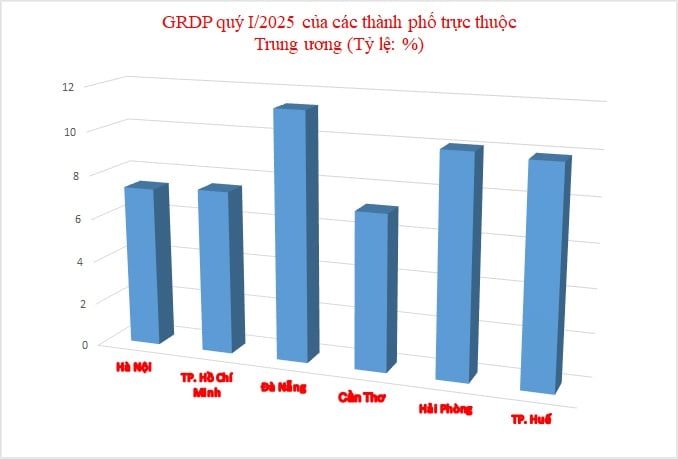
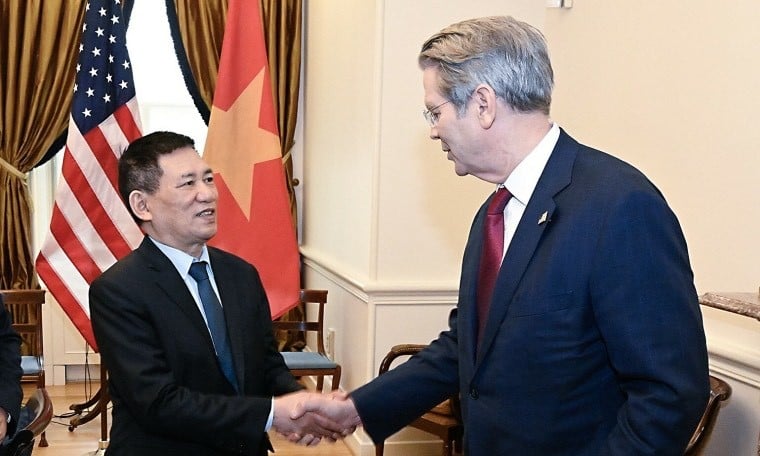
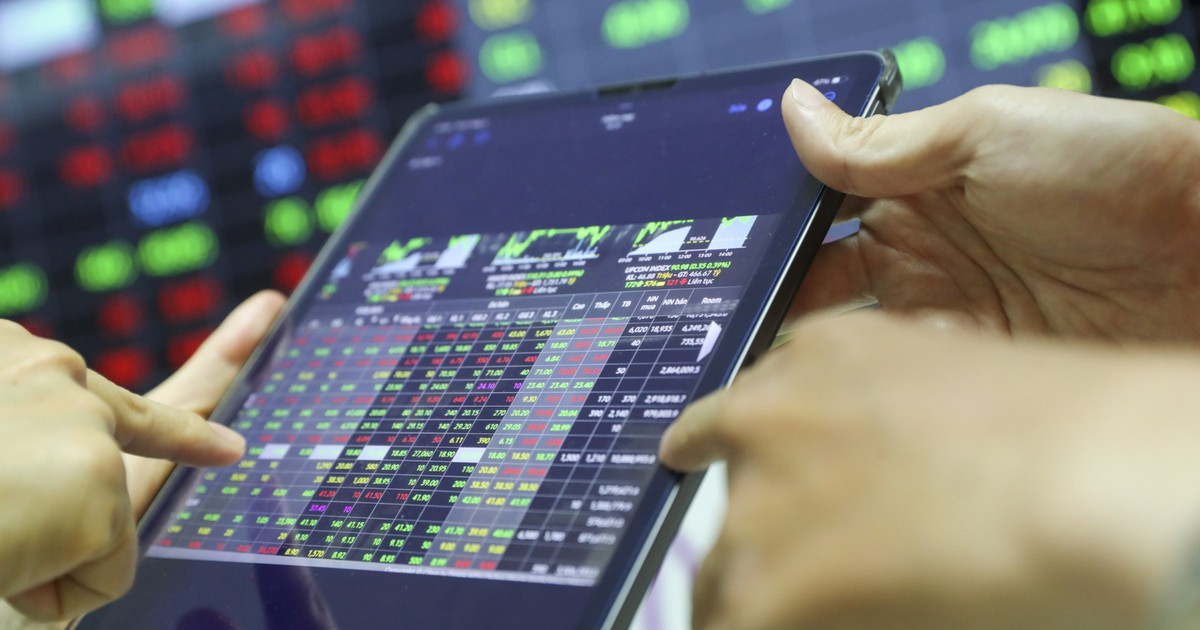
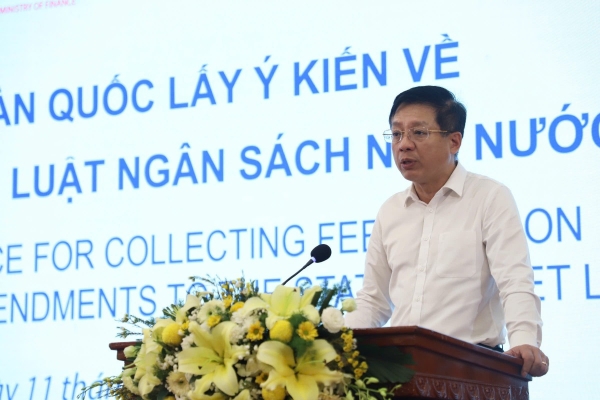





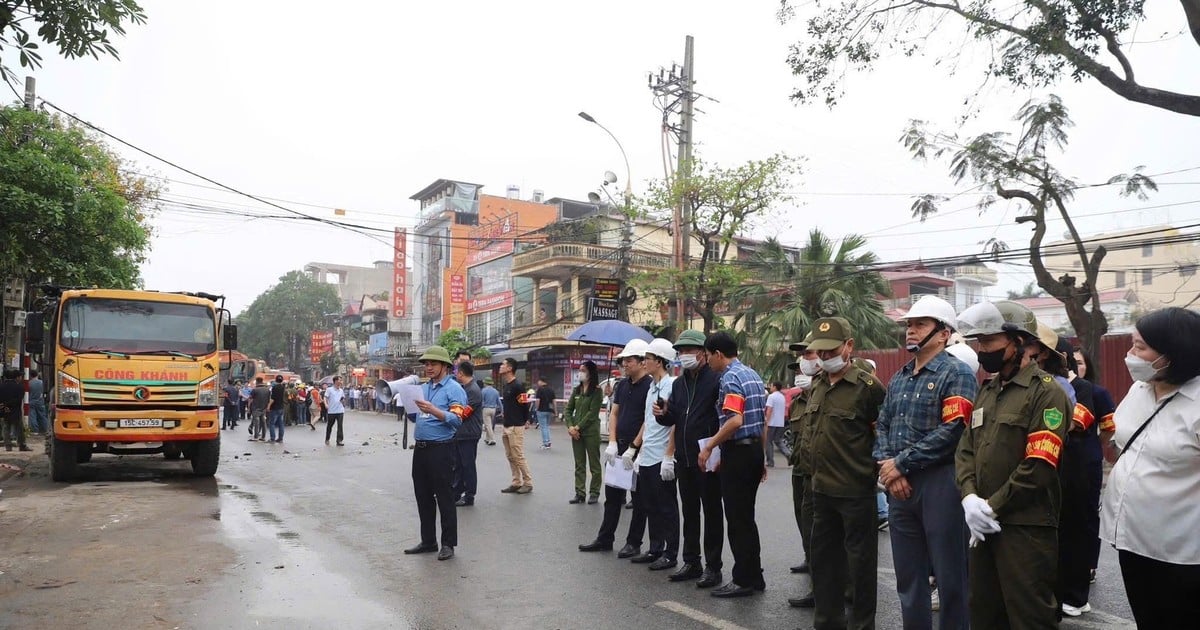


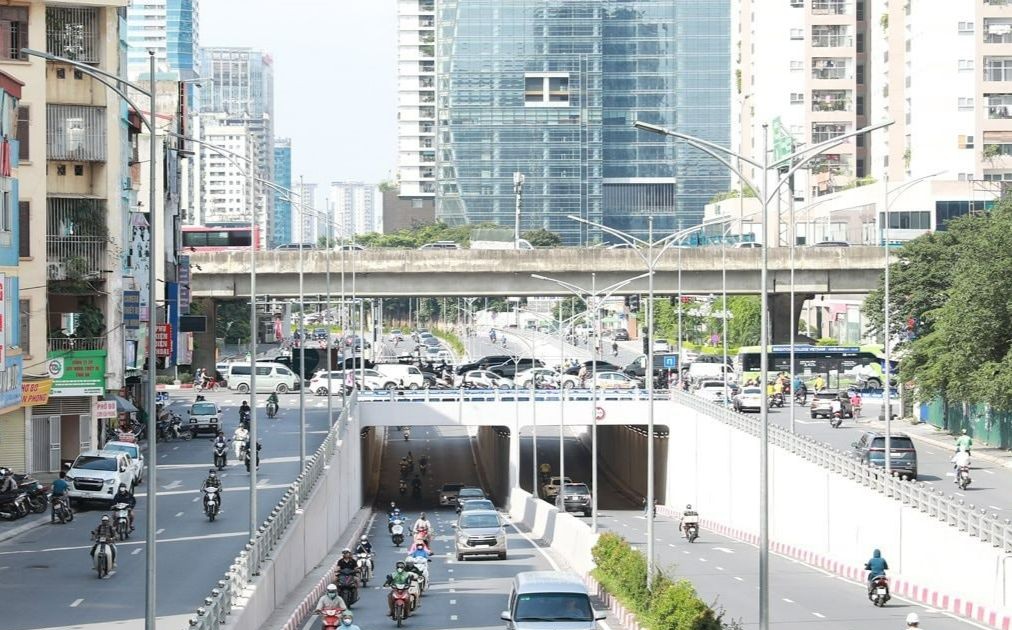
































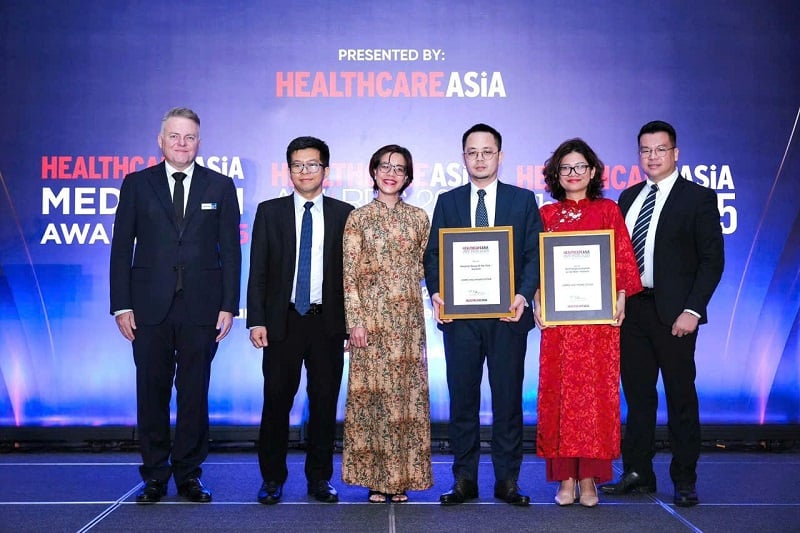

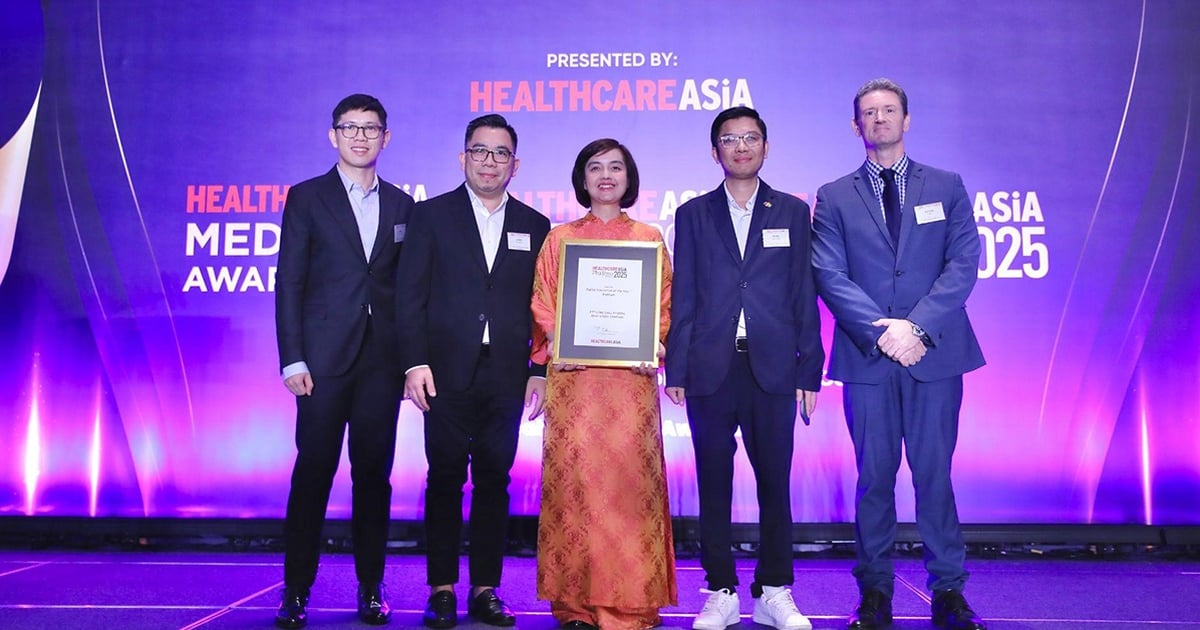









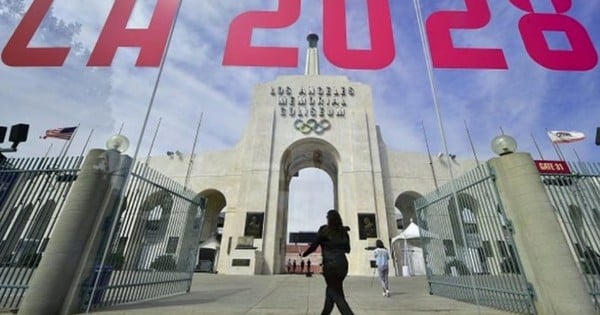



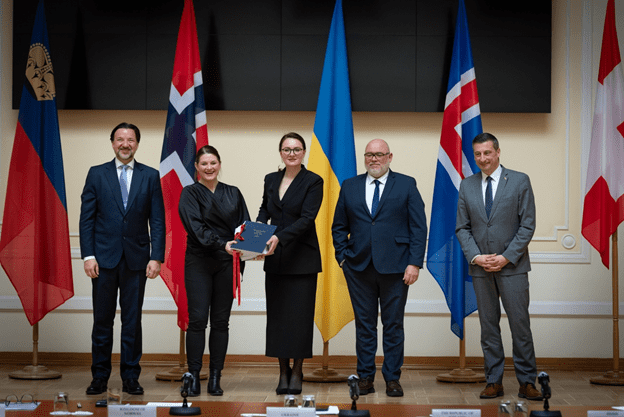
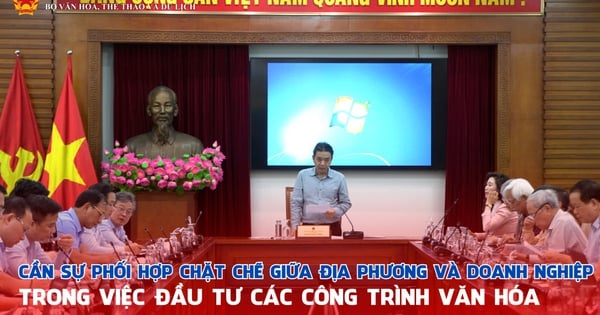






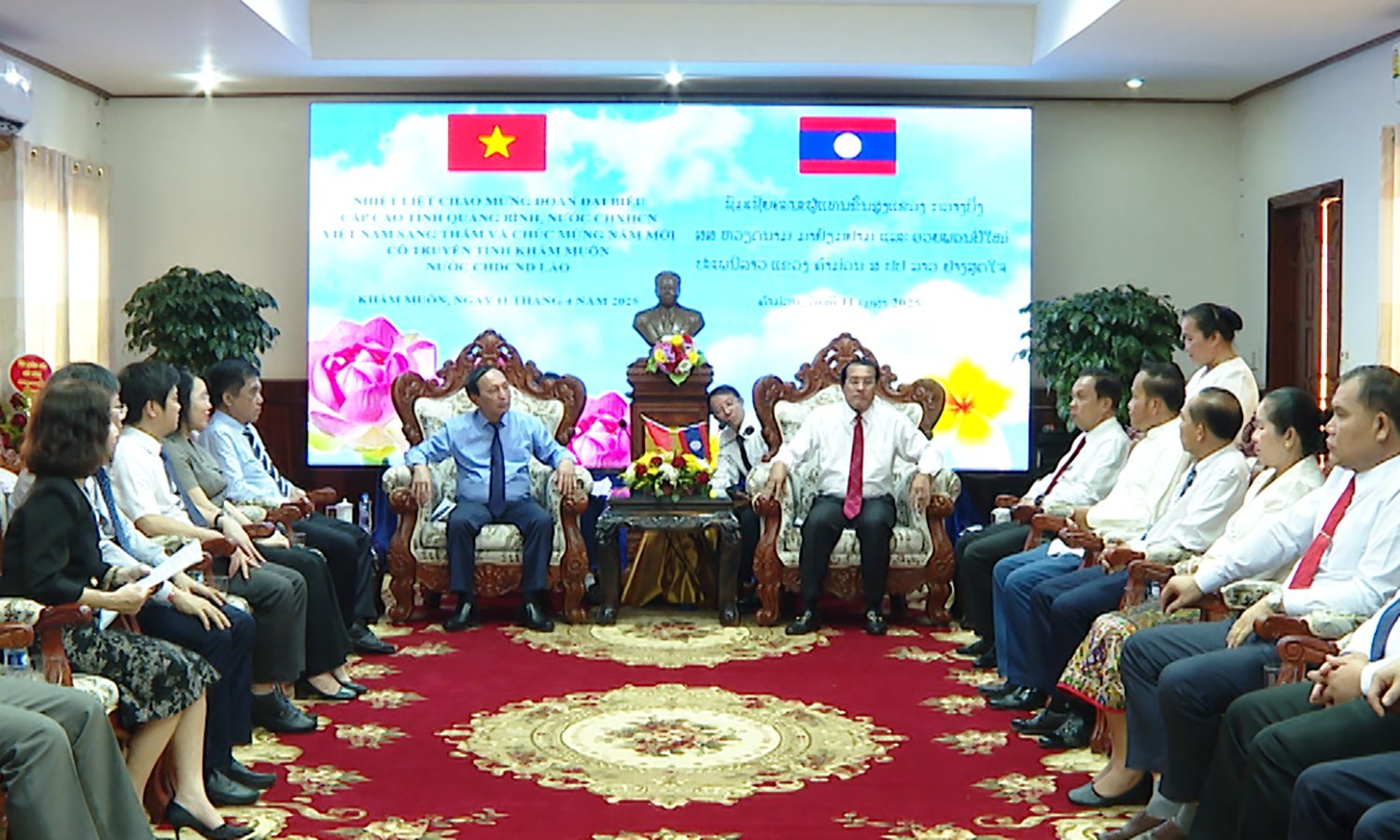
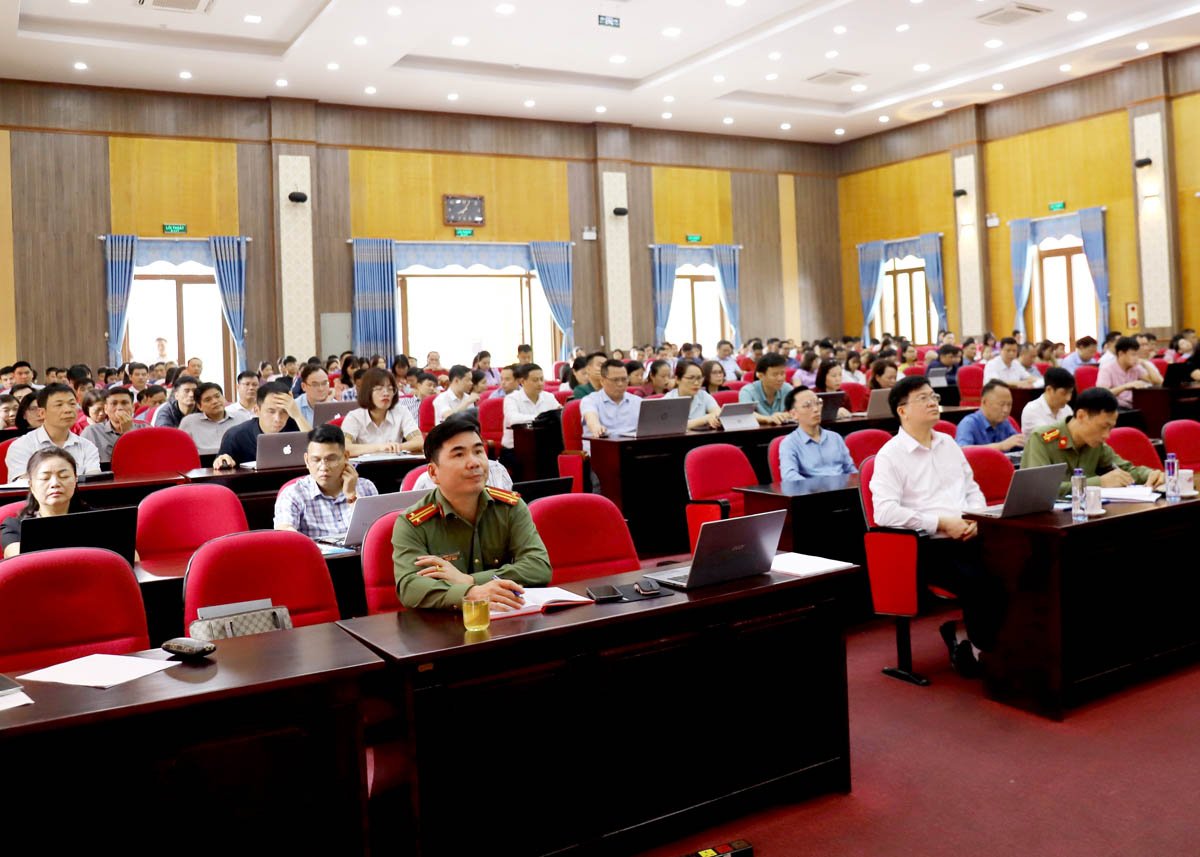
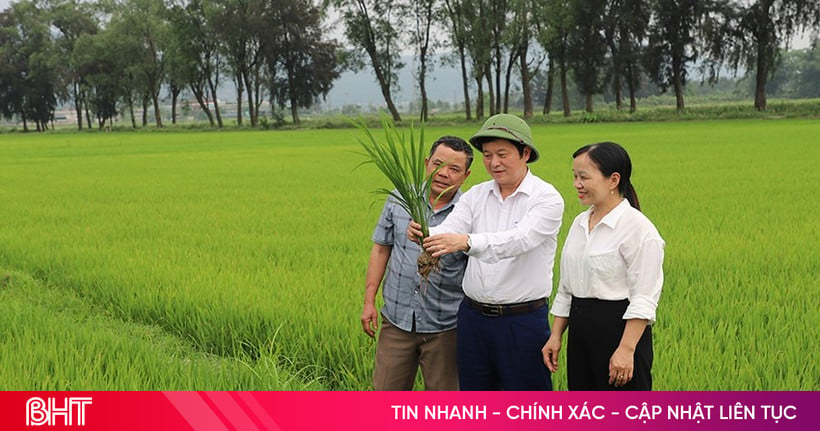









Comment (0)